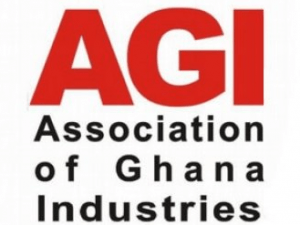AGI calls for time-based action plan to solve energy crisis
 The Association of Ghana Industries (AGI) is calling for a short-term, time-based action plan to reduce the energy deficit in order to resolve the current energy crisis.
The Association of Ghana Industries (AGI) is calling for a short-term, time-based action plan to reduce the energy deficit in order to resolve the current energy crisis.
The call follows the unprecedented negative growth in manufacturing in 2014.
Manufacturing recorded the worst growth rate in recent memory of negative 8.0% in 2014 as the sector continues to shrink.
The AGI fears that Ghana risks losing its industrial base if Government policies do not quickly address these challenges to revive the industrial sector.
This was in a communiqué issued by the National Council after a strategic workshop in Ada, where a critical look was taken at the impact of its advocacy efforts for industry.
The workshop examined some of the major barriers to private sector development in Ghana, particularly ensuring availability of power for industrial growth in 2015 and beyond.
The communiqué reminded Government of its promise to bring on board Emergency Power Barges to increase the generation capacity by the end of the first quarter of 2015.
The AGI is also calling for complete institutional reforms of the operations and management of entities responsible for the entire power sector.
The communiqué called on the Ministry of Energy and the Energy Commission to make available the Strategic National Energy Plan (SNEP) 2015-2030.
In addition, the five-year Energy Sector Strategic Development plan covering 2015-2020 should also be released for purposes of effective implementation and monitoring.
It asked Government to, as a matter of urgency, ensure full operation of the Tema Oil Refinery (TOR), considering its significant contribution to value-addition in the manufacturing sector.
In addition, TOR’s operation would ensure availability of Residual Fuel Oil for steam boilers of industry at competitive cost.
The communiqué said the high volume of imports would not inure to the growth of local industries and that AGI expected to see a programme to scale up local manufacturing through import substitution, where local raw material sources existed.
It called for extensive and effective stakeholder consultation prior to implementation of major policies and programmes.
“AGI is calling on all regulatory bodies and other institutions to avoid rushing the consultation processes leading to implementation of key policies that impact on businesses,” the communiqué said.
Source: GNA
